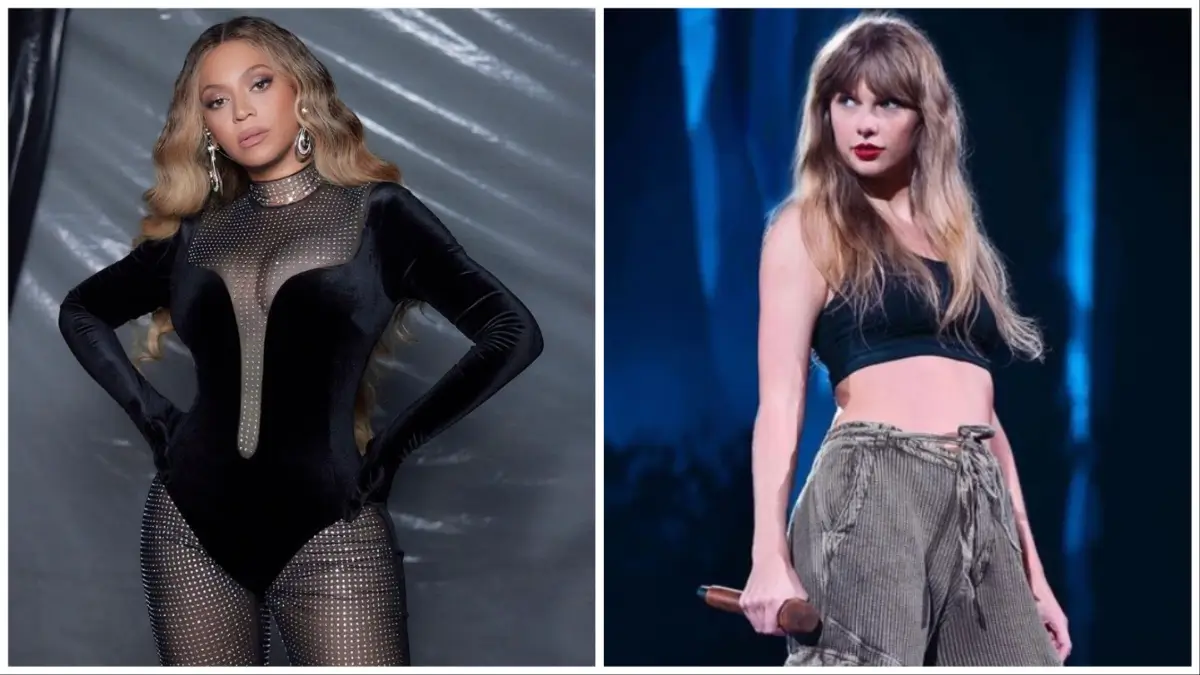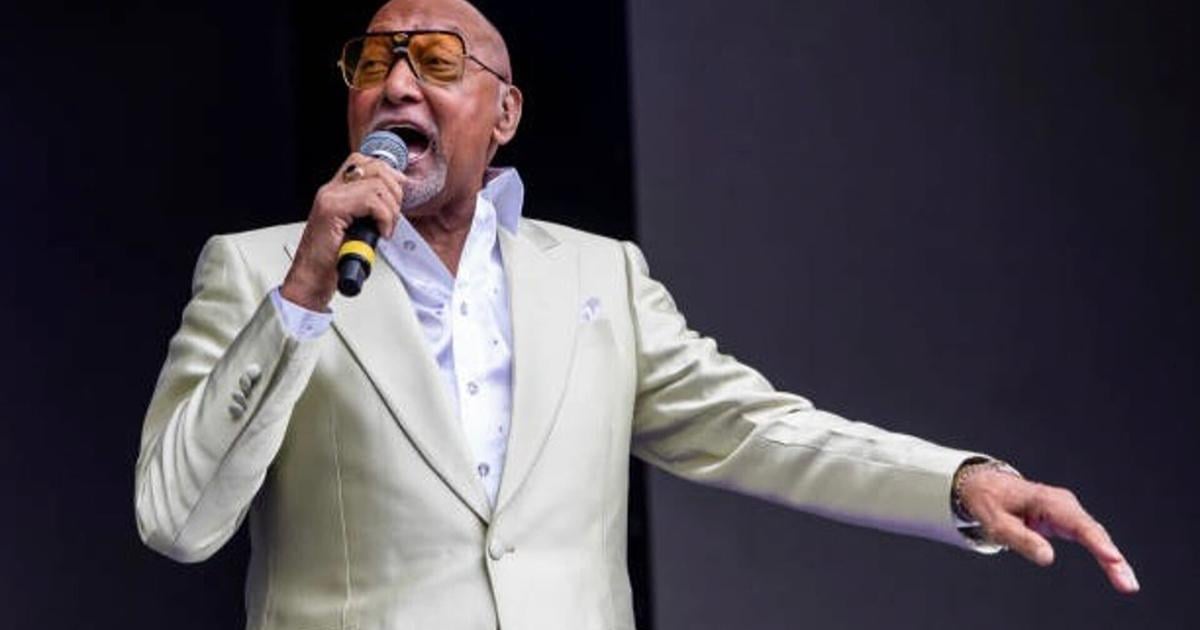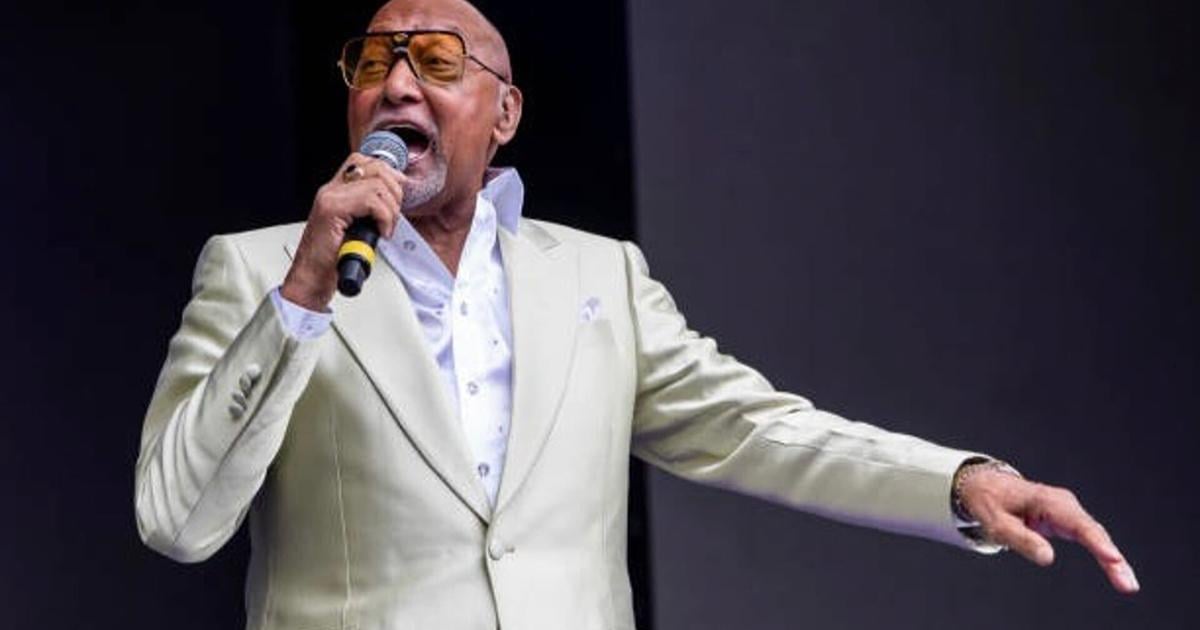Dancer and choreographer Twyla Tharp is renowned for her talent, but also her palpable annoyance with the theatrics of celebrity. She is a terrible interview, and by that, I mean an incredible interview, and she’s featured in an episode of “PBS Arts Talk, which is currently streaming at pbs.org and will begin airing on WTTW later this month.
Too bad the other episodes are so conventional. Nice. And what’s with the drab, utilitarian title?
A rotating series of hosts take the helm, and all are artists with the exception of journalist Ann Curry (more on that in a moment). Ballet dancer Misty Copeland handles the Tharp episode and it’s a standout because it offers a hint of what kind of show this might have been if the parties in front of and behind the camera had been more interested (sorry to crib from MTV) in finding out what happens when people stop being polite and start getting real.
Tharp doesn’t play by the usual rules, especially when it comes to one famous person interviewing another. She is neither warm nor is she flattered to be here. She is open to most of the questions but pushes back on others. She has things to say and Copeland’s demeanor — sweet and careful and respectful — works in terrific contrast to the choreographer’s sharp-edged impatience. Copeland isn’t flustered by Tharp’s personality. They’ve worked together before. She knows the drill.
“I had a singular upbringing,” Tharp tells her. “I had a mother who was determined I could do something in this lifetime. So I had lots and lots of preparation, lots of dancing lessons of all kinds, so I had a body that was hungry.” When she moved to New York to dance professionally, she quickly realized that the existing companies weren’t for her. “If I was going to dance, I was going to have to make the dances, because nobody else could put up with me.” I laughed. Tharp has no illusions about who she is.
:quality(70)/cloudfront-us-east-1.images.arcpublishing.com/tronc/DXWLNAVNLRH6BGCZGHGI3F7XK4.JPG)
What inspires you, Copeland asks? It’s a banal question. And so is Tharp’s answer: Love. But then she adds a detail and it gets interesting: “I have to love the dancer, then it’s no problem.” It’s personal with Tharp. She’s not just creating, she’s creating for someone.
The Joffrey Ballet was the first to hire her as a choreographer. The piece, which premiered in 1973, was called “Deuce Coupe,” set to the music of the Beach Boys and it combined classical ballet with what Tharp calls “popular social dancing.” She describes her troupe as “these street rebels” and says there was initially resistance from the Joffrey dancers, who scoffed and thought Tharp’s choreography didn’t qualify as dance. “And I said, ‘Never mind, this is jumping, so you jump higher than I’m going to. Now let’s go.’ And that’s how you do it. You make a common denominator that everyone can approach in their own way.”
Copeland: “You really broke that divide between modern dance and ballet.”
Tharp: “Well, see — excuse me for interrupting, honey — I didn’t think of it as ‘breaking’ anything. I thought of it as adding in. I thought of it as making things bigger, not going ‘Whack, I don’t like you — you’re out!’ It was like, ‘Oh, you’re good for that? Let’s use that.”
The remaining episodes of the season (there are seven in all) never match that kind of spiky energy. They tend to be exercises in mutual fawning, which is egregious when Emmy winner Henry Winkler interviews late-night talk show host Jimmy Kimmel. But the series overall is generalized to a fault and the interviews are all over the place in terms of focus.
There is the occasional grabby anecdote. “I strongly feel that melodies appear in the mind,” Elvis Costello tells the musician Rhiannon Giddens, “particularly if you’re in an environment where there’s a lot of competing information — like, you could be in an airport concourse and there could be music playing in a cafe, and announcements that sound like music, or sounds that sound like rhythm — and I will try to get somewhere and mumble the thing into the phone to capture it.”
Singer-songwriter Seal walks Winkler through the origins of the song “Crazy,” which was his first hit, and he’s philosophical about how tough it was to break into the music industry: “The fact that a lot of these companies are called record companies is incidental. I realized that they are investors who are looking for a return. And like any kind of group of investors, you have to figure out if this thing is going to make money.”
The hosts are enthusiastic enough. But thrusting nonprofessionals into the role of interviewer reveals how much of this is a skill that most people do not possess. Just because you’re accomplished in your field doesn’t mean you can generate an interesting conversation with someone.
:quality(70)/cloudfront-us-east-1.images.arcpublishing.com/tronc/EROIFKSUEJA2DNTRP2Z7T2K3UI.JPG)
Ann Curry is a seasoned journalist, and yet weirdly her interview with “Pachinko” author Min Jin Lee doesn’t fix any of these problems. Considering the other hosts are artists who are connecting with their interview subject on that level, Curry is an odd choice. Too much of her “Dateline” training and cadence gets in the way of what should be a looser, more conversational interaction, and the episode feels especially disjointed from the others. Why not bring in a fellow writer to talk with Lee instead?
Other episodes feature Copeland sitting down with painter and Chicago native Nathaniel Mary Quinn and Giddens interviewing Broadway star Brian Stokes Mitchell.
It’s the Winkler-Kimmel episode that feels like such a misstep — or rather, closer to what you usually see when one celebrity interviews another. It’s a lot of: “You’re great.” “No, you’re great.”
But Winkler does ask an interesting question: “Some people are not built to go on a talk show. What is that like?” Kimmel’s answer is a dodge, but also reveals perhaps why his career has endured despite the mediocrity of it all: “I very badly want the guests to leave the chair feeling it went well.”
So, celebrity ego maintenance.
That rarely makes for an interesting interview or exchange of ideas.
“PBS Arts Talk” — 2 stars (out of 4)
Where to watch: pbs.org/show/pbs-arts-talk and starting Sept. 18 on WTTW
Nina Metz is a Tribune critic.
nmetz@chicagotribune.com




